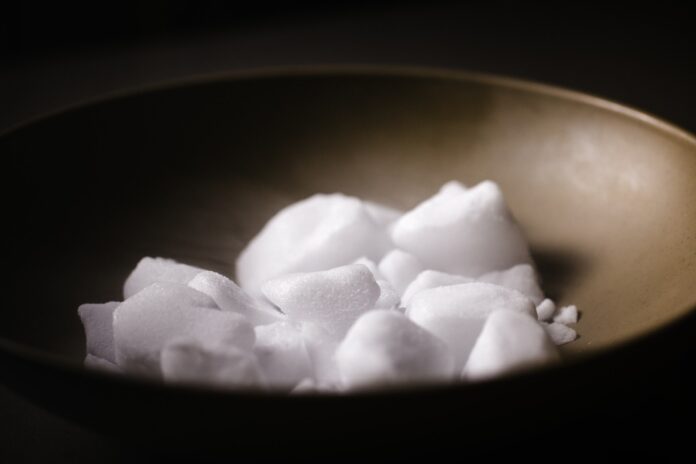Last Updated on December 8, 2020
The food industry has been filling supermarket shelves for decades with products high on processed sugar. In the fight for market shares, brands discovered that the use of high amounts of sugar on their products was making consumers hooked on them, increasing both the quantities consumed and their consumption rate. This formula quickly caused profits to skyrocket. In recent years, governments from across the world and international entities have been working together to reach a consensus about limiting the use of refined sugar in products. In 2018, the United Kingdom took this a step further by introducing a new tax to the country: “the sugar tax,” is a strategy that was being highly successful in Mexico at the time the UK government announced its intention to implement it. Health scientists had been asking for this measure for a long time, because, in their opinion, it was the ideal policy to quickly fight the alarming rates of obesity and type 2 diabetes in most developed countries. The “sugar tax” consisted of an additional tax for total sugar content over 5g per 100ml for every manufacturer of soft drinks (for beverages with 8mg per 100ml, a second and higher tax was added). The intention was that the price increase would discourage consumers from buying these beverages for daily consumption. At this point, various studies claimed that sugary drinks consumption was responsible for thousands of diabetes cases, played a big role in the obesity epidemic, and was even responsible for more than 180,000 deaths per year (worldwide). No one questions the harms of excessive sugar consumption, as they are widely studied and proven. But is sugar addictive? Can it really be compared to other drugs such as cocaine, for example? Let’s find out.
© 2018 Health & Strength - All rights reserved.



















